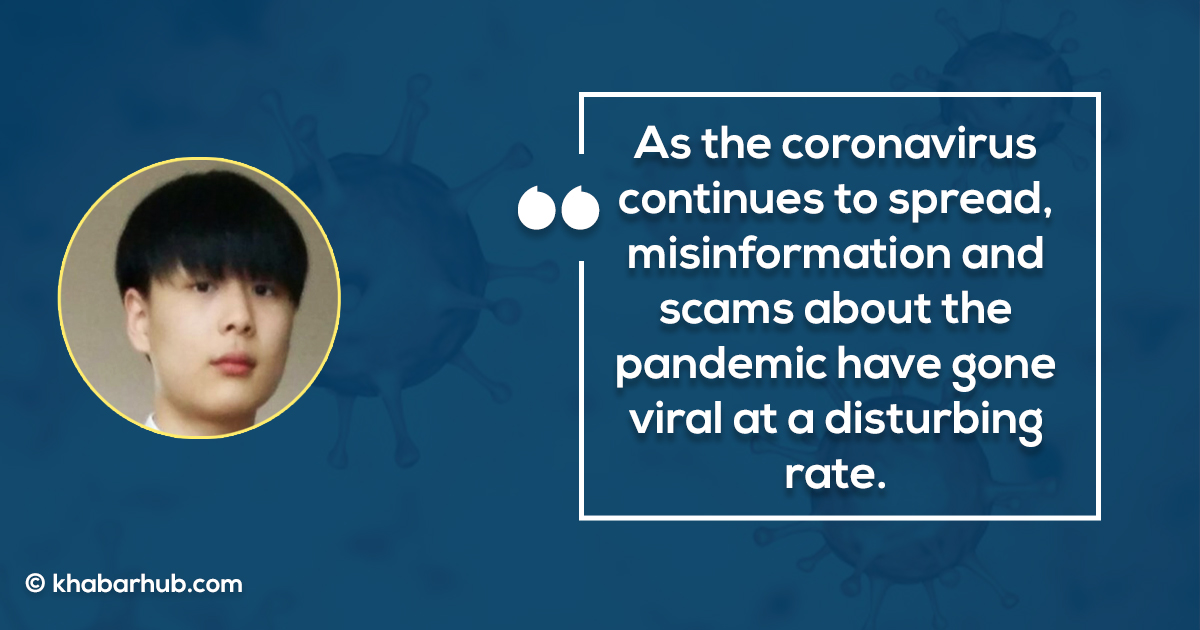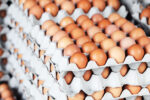KATHMANDU: Concerns about COVID-19 have given rise to a parallel threat from misinformation and myth as hoaxers and conspiracy theorists tend to use social media platforms to exploit or profit from the global pandemic.
It is, indeed, hard to wipe away these myths and theories as fake news, misinformation and scams have risen dramatically since the outbreak of this pandemic.
The pandemic spawned various narratives, including bogus content and conspiracy theories as people fretting about how to respond to the threat. Social media platforms, too, find themselves in a difficult situation to counter the increasing levels of misinformation.
Months of lockdown and enforcement of prohibitory orders added fuel in multiplying rumors and misinformation as (self)-isolated during quarantines/homes, people turned to the sites for (mis)information.
Some reports suggest the poultry eggs are contaminated with coronavirus, or drinking cow urine will kill the virus, among others – which has been proved as conspiracy theories.
Some posts provide a series of tips about the coronavirus, including instructions to hold their breath to gauge whether they’ve been infected and falsely suggesting that water consumption can kill the virus.
Research has shown that social media usage has increased during the pandemic, especially on sites such as YouTube and Facebook.
As the coronavirus continues to spread, misinformation and scams about the pandemic have gone viral at a disturbing rate.
What needs to be understood is disinformation thrives in crisis as malicious actors capitalize on fear, confusion, and sorrow for-profit and other gains, deliberately spreading conspiracy and falsehoods.
Some reports, circulated in the early days of the coronavirus pandemic, about cures or remedies, are erroneous.
Several myths such as drinking milk with turmeric powder, chewing garlic, ginger or Giloy (gurjo), or taking a hot bath to prevent infection of the coronavirus have also been busted despite the fact that several people, who have recovered from the virus have suggested going for these.
Some posts provide a series of tips about the coronavirus, including instructions to hold their breath to gauge whether they’ve been infected and falsely suggesting that water consumption can kill the virus.
Reports also suggest that drinking lots of hot water does help to fight COVID-19 infection.
Therefore, it is widely recommended that people must stay away from unverified posts on social media.
Social media and internet platforms such as Facebook, Twitter, and YouTube, among others have already said they were working with government health agencies to make sure that people see and read accurate information about coronavirus.
Dissemination of false information on social media will drown out credible sources, and creating further confusion.
It is, therefore, high time that people looked for credible sources and follow the rules accordingly.









Comment